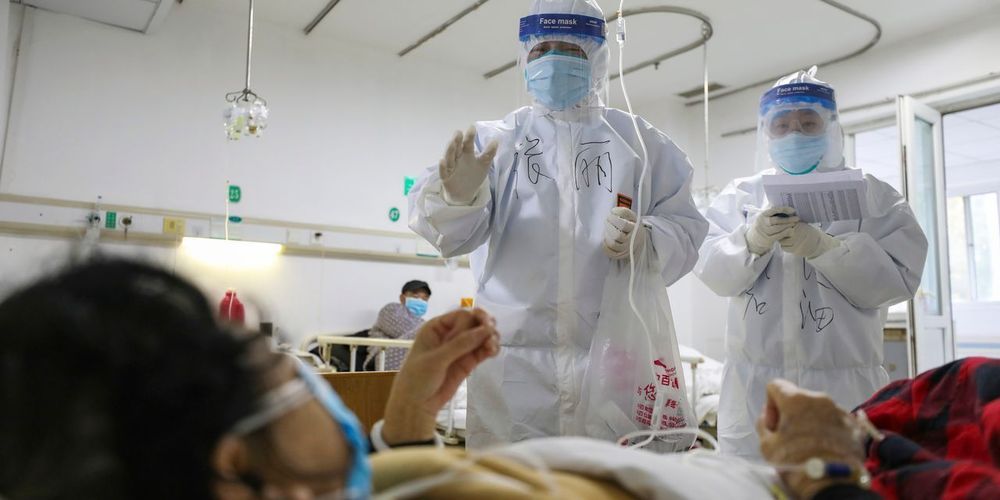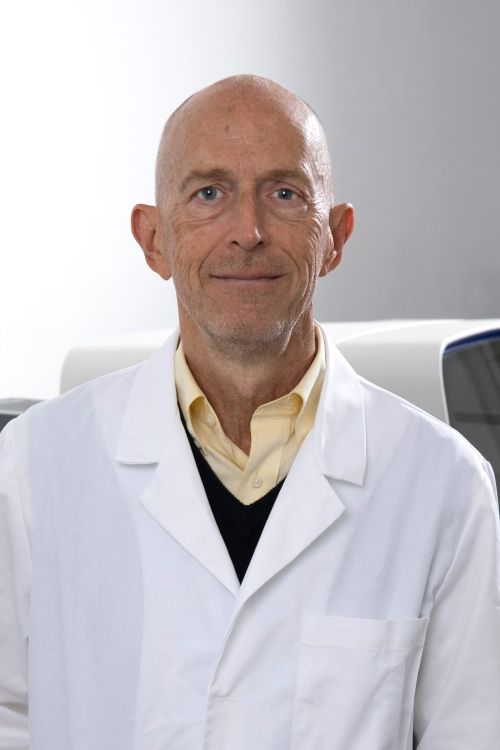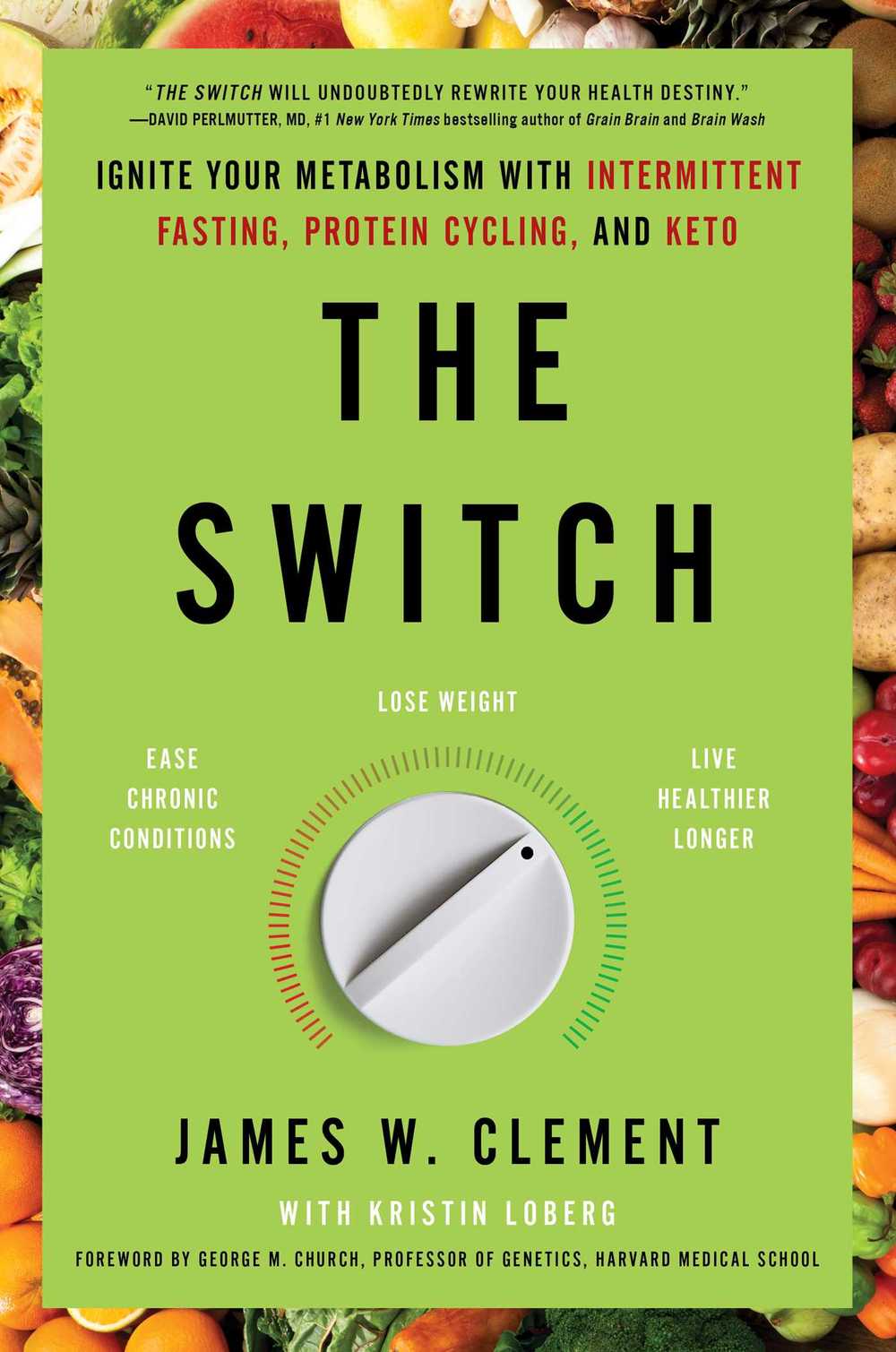Moving ever closer to the Web v.5.0 – an immersive virtual playground of the Metaverse – would signify a paramount convergent moment that MIT’s Rizwan Virk calls ‘The Simulation Point’ and I prefer to call the ‘Simulation Singularity’. Those future virtual worlds could be wholly devised and “fine-tuned” with a possibility to encode different sets of “physical laws and constants” for our enjoyment and exploration.
We are in the “kindergarten of godlings” right now. One could easily envision that with exponential development of AI-powered multisensory immersive technologies, by the mid-2030s most of us could immerse in “real virtualities” akin to lifestyles of today’s billionaires. Give it another couple of decades, each of us might opt to create and run their own virtual universe with [simulated] physics indistinguishable from the physics of our world. Or, you can always “fine-tune” the rule set, or tweak historical scenarios at will.
How can we be so certain about the Simulation Singularity circa 2035? By our very nature, we humans are linear thinkers. We evolved to estimate a distance from the predator or to the prey, and advanced mathematics is only a recent evolutionary addition. This is why it’s so difficult even for a modern man to grasp the power of exponentials. 40 steps in linear progression is just 40 steps away; 40 steps in exponential progression is a cool trillion (with a T) – it will take you 3 times from Earth to the Sun and back to Earth.
This illustrates the power of exponential growth and this is how the progress in information and communication technologies is now literally exploding – by double-improving price-to-performance ratio roughly once a year. This is why you can see memory cards jumping regularly from 32MB to 64MB, then to 128MB, 256MB and 512MB. This is why your smartphone is as capable as a supercomputer 25 years ago. This is why telecommunication carriers are actively deploying 5G wireless networks, as you read this article.








